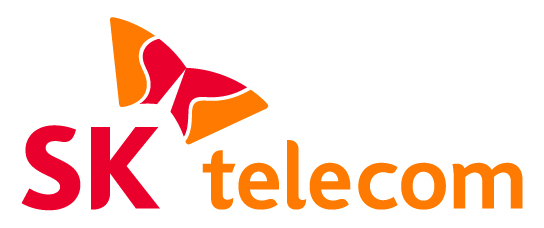SK Telecom reported its operating profit rose 16% to KRW537.5 billion ($390.5 million) in the second quarter
SK Telecom, South Korea’s largest telecom operator, ended the second quarter of the year with a total of 16.22 billion subscribers in the 5G segment, up 10.6% from 14.67 million in the same period the previous year, the operator said in its earnings statement.
During the second quarter of the year, the Asian operator added nearly 294,000 5G subscribers. At the end of June, SK Telecom’s 5G subscribers accounted for 71% of its overall handset subscribers, up from 63% at the end of Q2 2023.
The number of LTE subscriber reached 6.59 million at the end of the second quarter, down 58.4% year-on-year.
The Korean carrier ended the second quarter of the year with a total of 34.18 million mobile subscribers, up 1.4% year-on-year.
SK Telecom reported its operating profit rose 16% to KRW537.5 billion ($390.5 million) in the second quarter from a year earlier on a consolidated basis with sales up 2.7% to KRW4.4 trillion.
Net profit for the period increased by 0.7% to KRW350.2 billion, while the telco’s capex in Q2 reached KRW388 billion, down 53% year-on-year.
“We will enhance profitability and efficiency by consolidating our fixed and wireless businesses performance and will showcase our progress as an AI company in the second half of the year,” said Kim Yang-seob, CFO of SK Telecom. “We aim to maximize corporate value and shareholder benefits by balancing growth investment, financial structure improvement and shareholder returns.”
In September 2023, SK Telecom announced its vision to become a global AI company and unveiled the AI Pyramid Strategy, under which it will strengthen its own competitiveness to deepen customer relationships while working together with partners throughout the world. The AI Pyramid Strategy focuses on innovating industry, society, and life centered around three key areas including AI Infrastructure, AI Transformation (AIX) and AI Service.
“SK Telecom’s strategy is to accelerate the execution of its AI Pyramid Strategy and focus on creating concrete results in three key areas this year: AI Infrastructure, AI Transformation (AIX), and AI Service. In the AI Infrastructure area, which is the foundation of the AI business, the data center business recorded a 26% year-on-year revenue growth backed by continuous increase in utilization rate. SKT plans to evolve and develop its data center business into the AI data center business, which is witnessing rapid growth in demand,” the telco said in its earnings statement.
Last year, South Korea’s ICT ministry canceled a license owned by SK Telecom which had been meant to support 5G services via 28 GHz spectrum, citing a lack of deployment investment by the operator.
SK Telecom had been given the right to use the 28 GHz band in 2018 and was required to install a total of 15,000 units of network equipment by May 2023. However, SK Telecom had only installed only 1,650 units of 28 GHz equipment and had no plans for further installations, according to the Ministry of Science and ICT.

